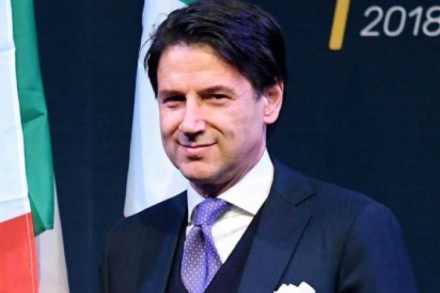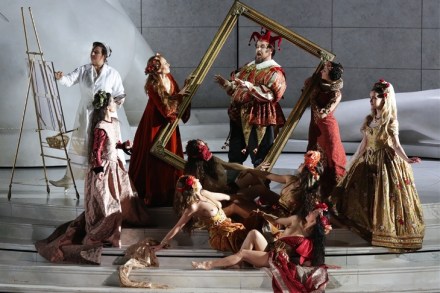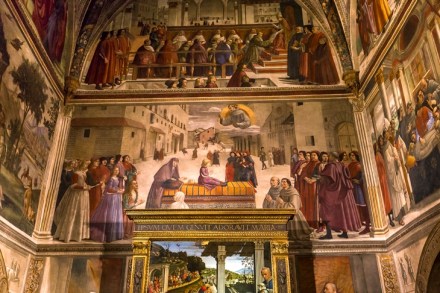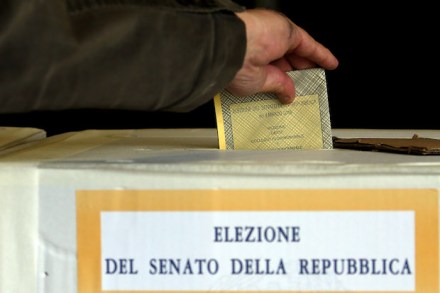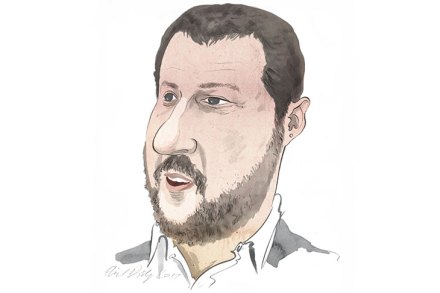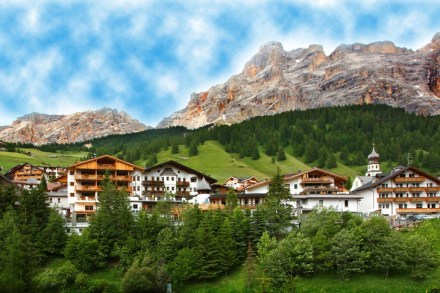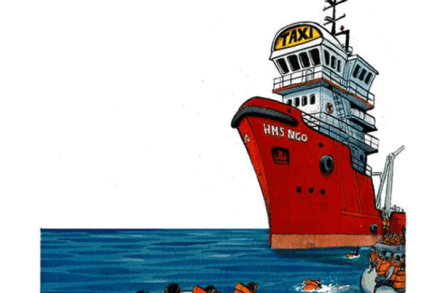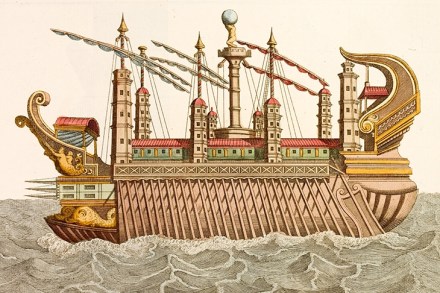The Spectator Podcast: the people vs the EU
This week, the new Italian coalition’s proposed government was blocked by the Italian President, giving EU grandees in Brussels a cause for celebration. But is the EU way too controlling of rebellious member states? On the home front, would a Eurozone crisis help or hinder Brexit negotiations? We ask Nigel Farage. And last, is Mueller’s special investigation into potential Russo-Trump collusion going anywhere? First, Brussels has got a problem. Across Europe, populist politicians are winning elections on Eurosceptic platforms. Douglas Murray argues in this week’s cover piece that even though the public has spoken, Brussels just can’t handle democracy when elections don’t go their way. That’s why, he writes, Italy’s




